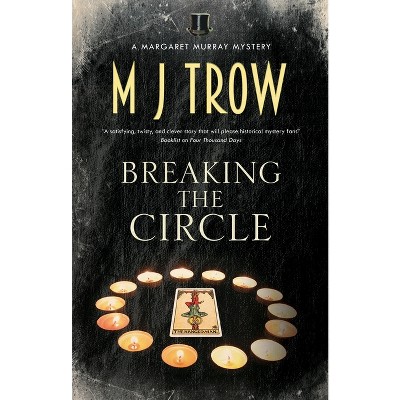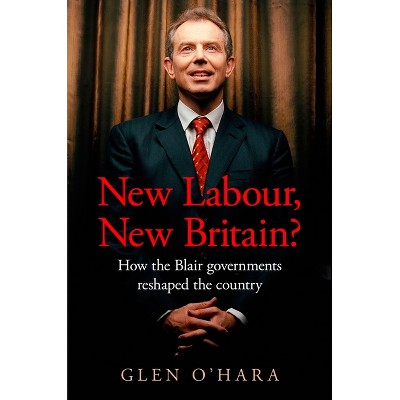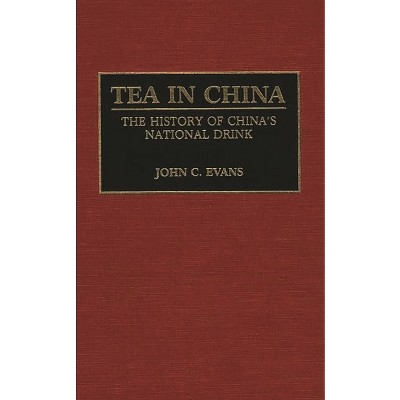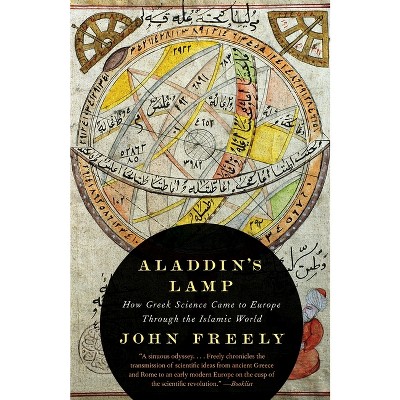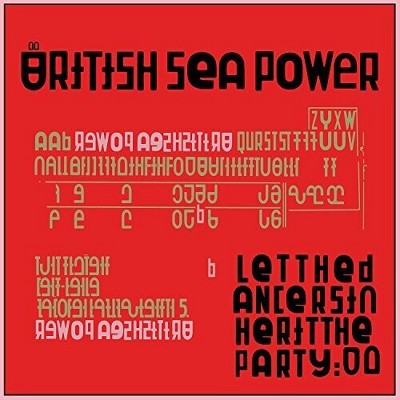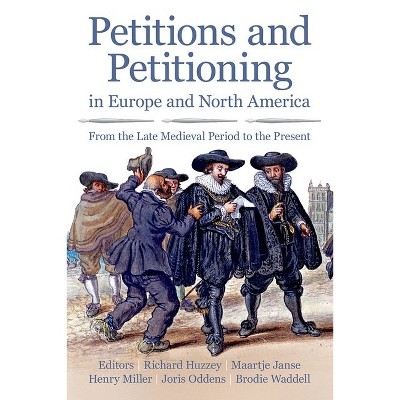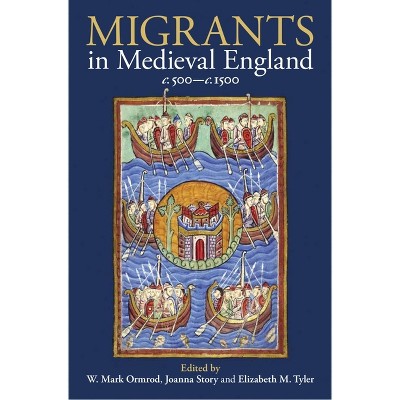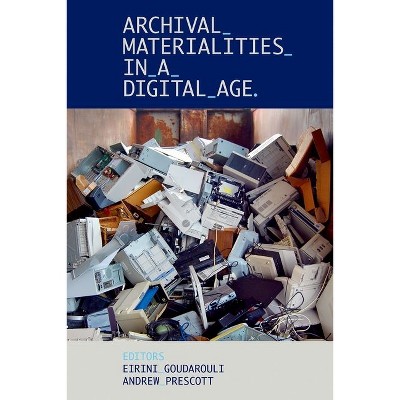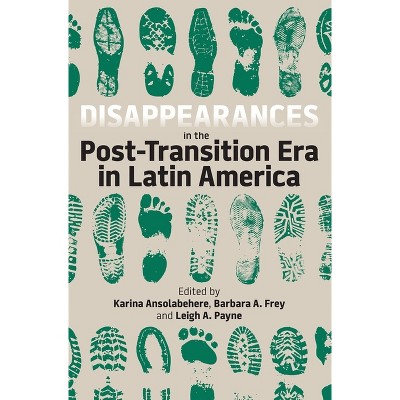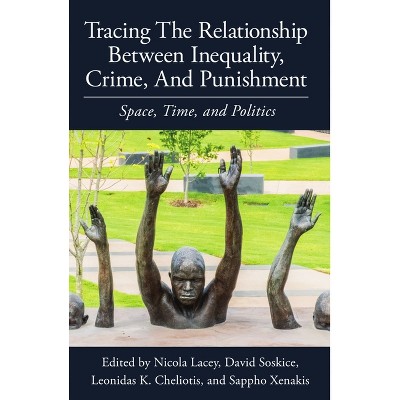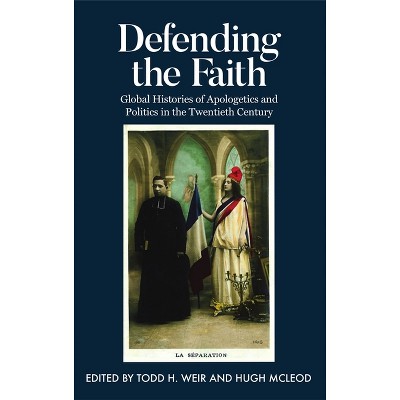Sponsored

Lordship and the Decentralized State in Late Medieval Europe - (Proceedings of the British Academy) (Hardcover)
In Stock
Sponsored
About this item
Highlights
- The origins of modern European states are often traced back to the expansion of royal and princely authority in the late Middle Ages, transforming scattered power structures into centralized governments.Lordship and the Decentralized State in Late Medieval Europe rethinks state formation as a process of decentralization, exploring how these governments willingly left power to lesser political players.
- About the Author: Erika Graham-Goering is Associate Professor in the Department of Archaeology, Conservation, and History at the University of Oslo.
- 316 Pages
- History, Europe
- Series Name: Proceedings of the British Academy
Description
About the Book
Lordship and the Decentralized State in Late Medieval Europe rethinks the rise of modern European states as a process of decentralization. The idea that states made lordships obsolete is challenged by showing how the distribution of authority among local lords reinforced the development of new political systems.
Book Synopsis
The origins of modern European states are often traced back to the expansion of royal and princely authority in the late Middle Ages, transforming scattered power structures into centralized governments.
Lordship and the Decentralized State in Late Medieval Europe rethinks state formation as a process of decentralization, exploring how these governments willingly left power to lesser political players. It challenges the assumption that the rise of states made lordship obsolete, showing instead how distributing authority among local lords reinforced the development of new political systems.
The contributors tackle this fresh perspective on lordship and state formation from two complementary angles. Detailed snapshots of lordship in France and the Low Countries assess the political significance of different aspects of lordly power. Historiographical essays discuss frameworks for understanding relationships between lordship and the state in contexts across Europe. These comparative perspectives establish an innovative approach to a key question in political history.
Review Quotes
"Lordship and the Decentralized State in Late Medieval Europe offers a valuable contribution to and advancement of this historiographical reconciliation." -- Selina Whiteman Gardner, Journal of Medieval History
About the Author
Erika Graham-Goering is Associate Professor in the Department of Archaeology, Conservation, and History at the University of Oslo.
Jim van der Meulen is a social historian at Ghent University with a broad specialisation in the Low Countries between 1300 and 1700, combining expertise in political, socio-economic, cultural, and environmental history. Frederik Buylaert, Professor of History at Ghent University, is a social historian of the Low Countries with a side interest in comparative history and the history of historiography.Shipping details
Return details
Frequently bought together

Trending Non-Fiction






